Jesus Was No John Wayne!
In the days before everyone had a supercomputer with a camera in their pocket, I saw what would have made a great photo. I was in the Deep South, coming out of a Shoney’s, after having breakfast and saw their sign in the foreground: “Bring in your Church bulletin for a Free cup of Coffee.” In the background, just a parking lot away, was another sign in front of a very different establishment: “Adult XXX.” I turned to the person I was traveling with and said, “There’s a picture that says a lot about the South.”
I’m not a hater of Southerners — I went to graduate school in Texas and loved it — but sometimes it feels like the Old South, the Land of Cotton South, the Stars and Bars South, has its hands around our national neck. Nowhere have my fears found more confirmation than in the version of Christianity that has come to dominate the faith in America.
Dr. Kristin Du Mez’s “Jesus and John Wayne: How White Evangelicals Corrupted a Faith and Fractured a Nation” turns over the tables and let’s the coins fall where they may; exposing the disheartening shift in American Christianity. No longer does meekness or peacemaking seem important. Instead, many American Christians embrace a hyper-masculine, militant interpretation of the Bible. This shift towards greater and greater militancy, and marred by an often denied undercurrent of White Supremacy, raises the question, is the faith hopelessly lost?
The Gospel According to John Wayne
Du Mez argues that American evangelicalism became obsessed with a vision of masculinity borrowed from war movies and Westerns. Here, Christ the meek lamb is replaced by a Christ the warrior, fighting not for spiritual conquest, but for an aggressive assertion of power. This echoes a familiar message of rugged individualism and American exceptionalism. However, it distorts Christian principles into justifications for aggression. It is also a vision largely based on style over substance. Take for example, John Wayne, whose real name was Marion Robert Morrison. He was a creation of Hollywood, only who never performed any actual heroics outside the movies. Even during World War II, when many actors, including his fellow Conservative, and practicing Christian, Jimmy Stewart were putting their lives on the line, Wayne, like Ronald Reagan, never performed any military service outside of making some training films. Over the decades this breakdown of the wall between reality and fiction crumbled into dust, so much so that a draft dodger, who thinks those who gave the last measure of devotion in on the Beaches of Normandy were, “Suckers,” can be seen by millions as the manliest of men, simply because he’s willing to be the rudest man in the row. And despite the fact that he makes bygone figures like Wayne and Reagan look like Biblical Scholars, he is even mistake for God chosen representative on Earth.
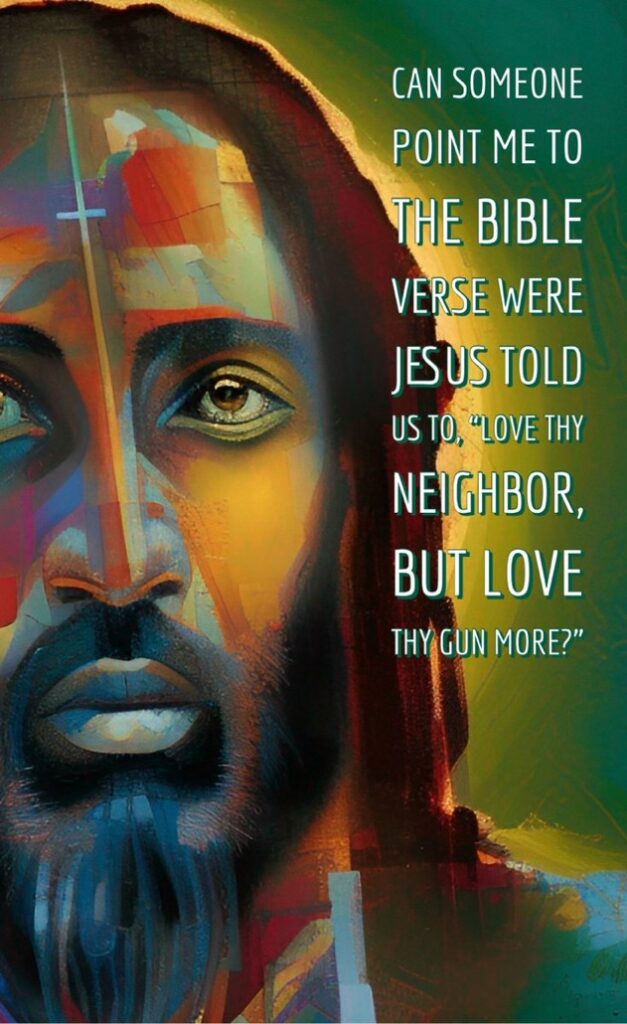
The Shadow of White Supremacy
To be Christian in America is to inherit a complicated, often disturbing legacy. While many churches championed civil rights, others fiercely defended segregation on biblical grounds. This toxic theology remains alive and well today, manifesting as fear of immigrants, disdain for diversity, and a willingness to ignore racial injustice. The John Wayne gospel fuels this dynamic, justifying intolerance in the name of “American faith”.
This I know
I’m not sure how to define my own faith, other to say that it has not completely gone. Nor do I think this is the place for a theological dissertation, but I can say that that little kid in the 70s who sat in a liberal evangelical church, singing “Jesus loves me” and believing it with all my heart, that kid still somewhere inside me is disheartened by what is now commonly accepted as Christianity.
Is Hope Lost?
Du Mez is unflinchingly critical, but does that mean American Christianity is irredeemable? Is there a path forward towards a faith that emphasizes mercy, justice, and inclusion? Or will the legacy of John Wayne forever hold sway over the American church?
Since Du Mez’s book was first published in 2016 a lot has happened. The Presidency of Donald Trump fueled many to go down even more radical and destructive roads in both religion and politics. One crazy intersection where these vertices met was in the QAnon Cult, in which Democrat Politicians and Hollywood’s Liberal A-List Celebrities were sexually abusing, if not eating, small children and only Trump had a master plan to stop it. This baseless conspiracy nonsense found surprising traction among certain segments of the American population, including a significant and vocal segment of professed Christians. A fact that speaks volumes about how misguided thinking breeds even more misguided thinking.
Du Mez writes, “For evangelicals, domestic and foreign policy are two sides of the same coin. Christian nationalism—the belief that America is God’s chosen nation and must be defended as such—serves as a powerful predictor of intolerance toward immigrants, racial minorities, and non-Christians. It is linked to opposition to gay rights and gun control, to support for harsher punishments for criminals, to justifications for the use of excessive force against black Americans in law enforcement situations, and to traditionalist gender ideology. White evangelicals have pieced together this patchwork of issues, and a nostalgic commitment to rugged, aggressive, militant white masculinity serves as the thread binding them together into a coherent whole. A father’s rule in the home is inextricably linked to heroic leadership on the national stage, and the fate of the nation hinges on both.”
The question remains, can we untangle this thread? Can we return to a faith that is rooted in love, compassion, and understanding? Or are we forever bound by the legacy of John Wayne, a legacy that has distorted our understanding of Christianity and its teachings?
As we grapple with these questions, we must remember that the faith we choose to follow is not just about us. It is about our communities, our nation, and our world. It is about the kind of people we want to be and the kind of world we want to leave behind. So, choose wisely, and remember, Jesus was no John Wayne. He was something far greater.
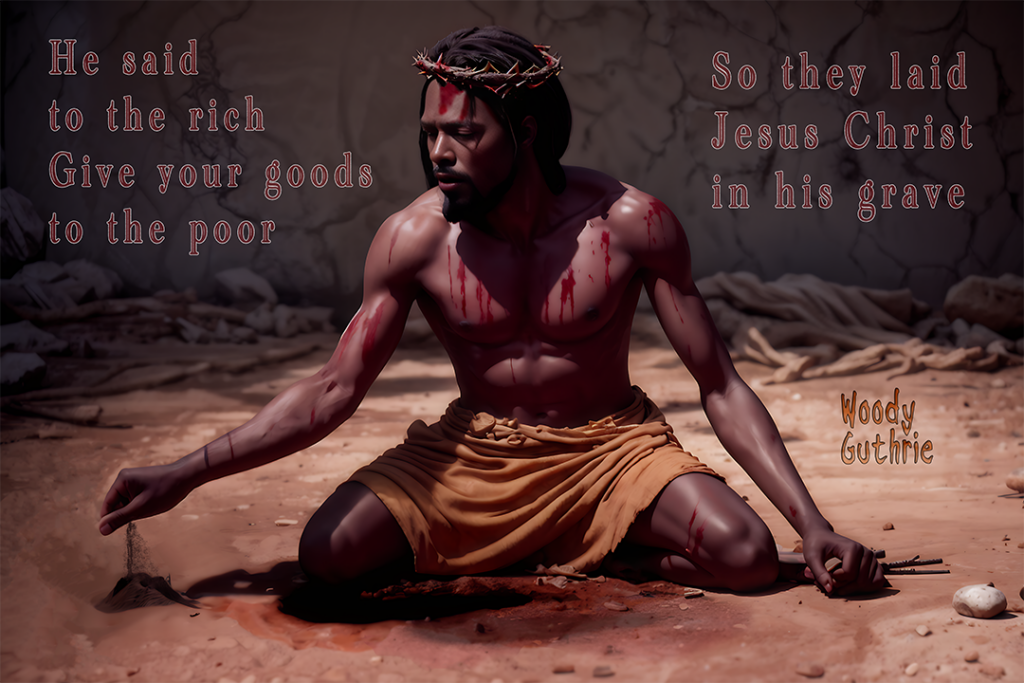
Recommended Reading: Your Body, My Choice, John Kennedy would not be a Republican





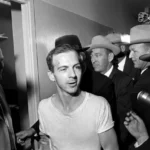
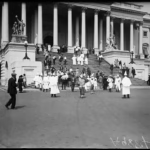
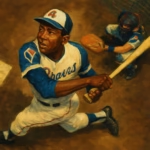

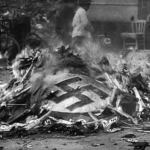
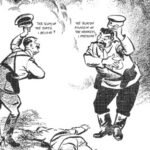


Leave a Reply